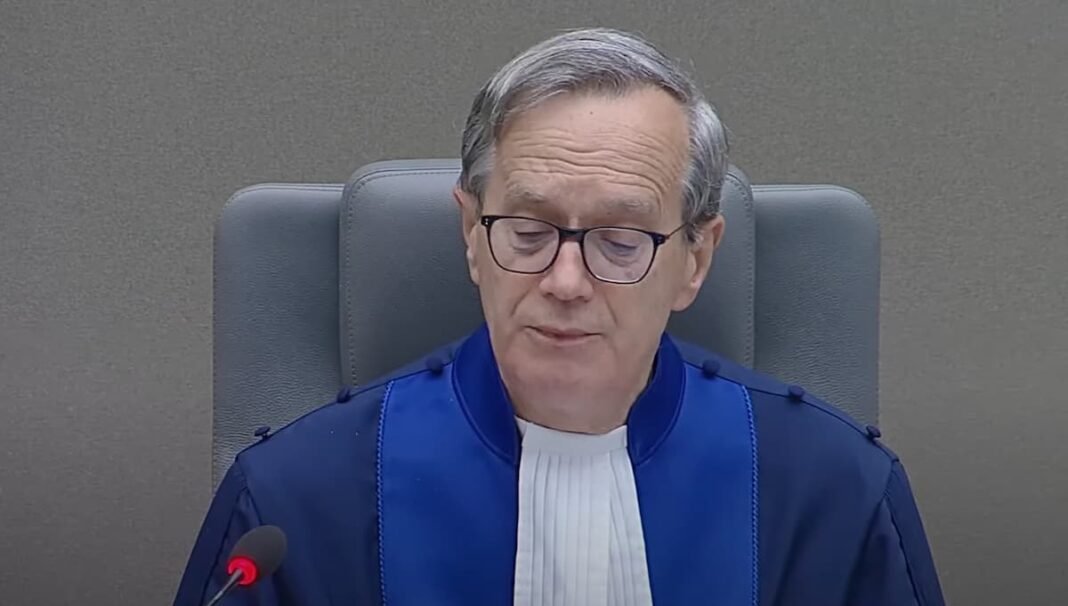The Hague, Netherlands – The International Criminal Court’s (ICC) Appeals Chamber has dismissed the appeal made by the Philippine government in their bid to prevent an inquiry into the numerous killings that occurred during the “war on drugs” under former President Rodrigo Duterte.
The decision, which was announced on Tuesday, is a major victory for human rights advocates who have been calling for an independent investigation into the killings. The ICC prosecutor had initially authorized an investigation in 2018, but it was suspended in 2021 after the Philippines withdrew from the ICC.
However, the ICC appeals chamber ruled that the Philippines’ withdrawal did not affect the court’s jurisdiction over crimes committed during the country’s membership period, which was between 2016 and 2019.
The ruling is a significant step forward for justice for the victims of the drug war killings. It sends a message that the ICC will not tolerate impunity for serious crimes, even when they are committed by government officials.
The Philippine government has said that it will not cooperate with the ICC investigation. However, the ICC has the power to issue arrest warrants and travel bans, and it can also seize assets.
The ICC prosecutor is expected to announce the next steps in the investigation in the coming weeks.
Reactions to the ruling
Human Rights Watch: “The ICC appeals judges’ ruling marks the next step toward justice for victims of ‘drug war’ killings and their families.”
Amnesty International: “This is a victory for the victims of the Philippines’ ‘war on drugs’ and for the rule of law. The ICC must now move swiftly to investigate these crimes and bring those responsible to justice.”
Philippine government: “We will not cooperate with the ICC investigation. This is a political witch hunt.”
What happens next?
The ICC prosecutor is expected to announce the next steps in the investigation in the coming weeks. This could include issuing arrest warrants or travel bans, or seizing assets. The prosecutor could also decide to open a full investigation, which would involve interviewing witnesses and gathering evidence.\
If the prosecutor finds that there is sufficient evidence, she could then ask the ICC judges to issue an arrest warrant for any individual who is suspected of committing a crime. If an arrest warrant is issued, the individual could be arrested and brought to The Hague to face trial.
The ICC process is lengthy and complex, but the ruling by the appeals chamber is a significant step forward for justice for the victims of the drug war killings.



